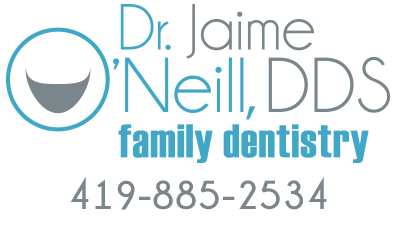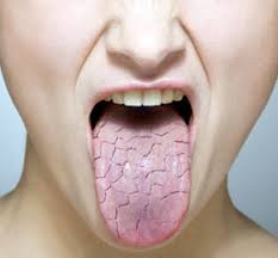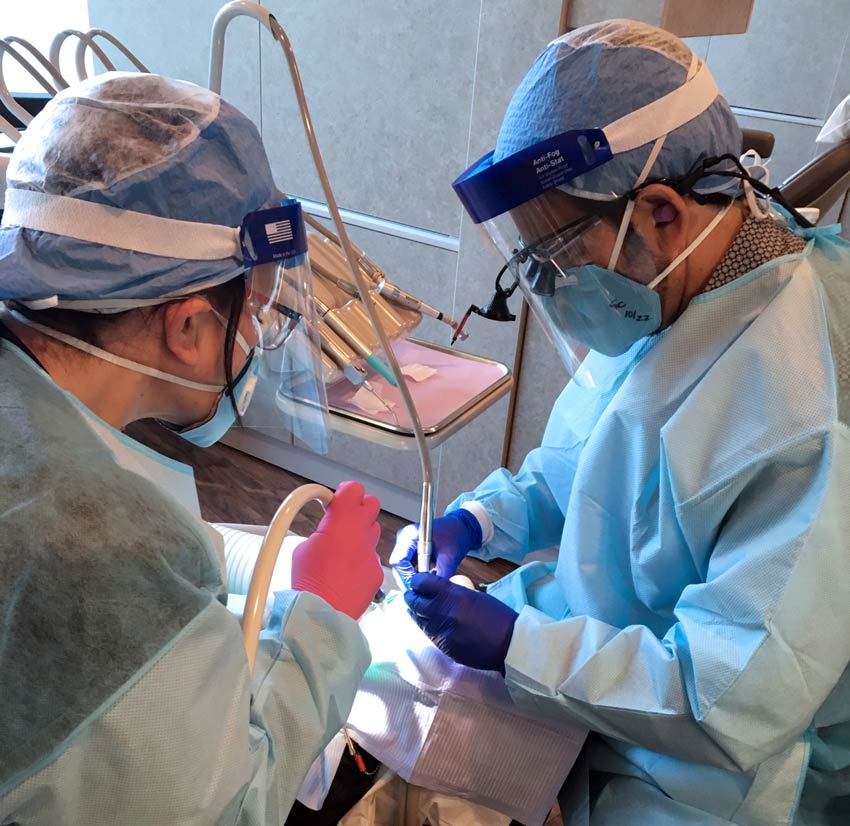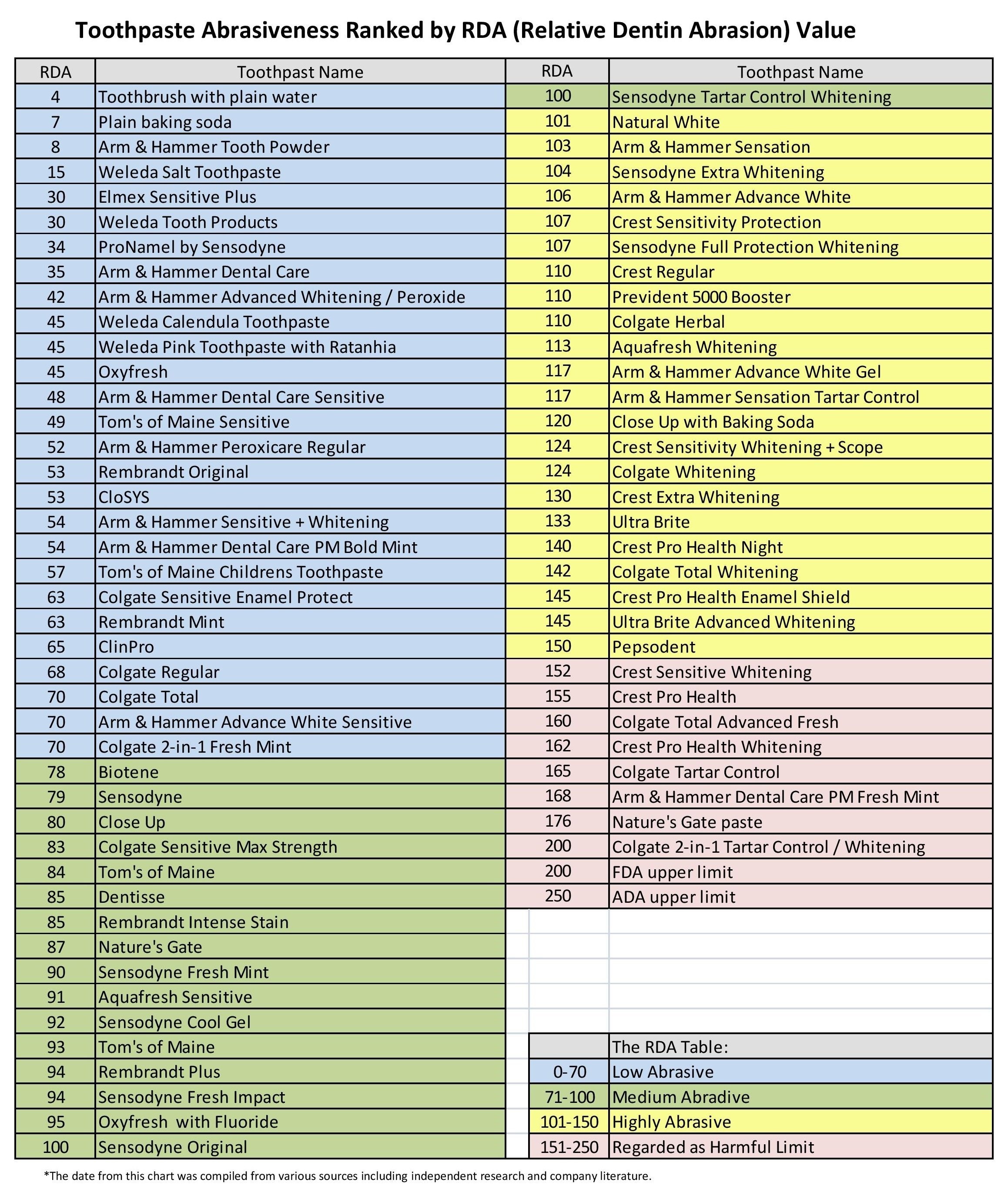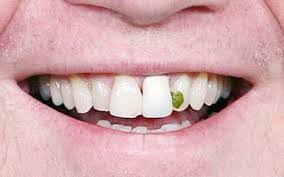Anyone who has suffered from dry mouth will tell you it’s not a pleasant experience. It’s not a healthy experience as well. We frequently see patients with dry mouth issues. They often wonder why it occurs and what can be done about it.
Dry mouth can occur for many, varied reasons. They include:
- Side effect of numerous medications for a variety of conditions and ailments
- Side effect of certain diseases and infections
- Side effect from medical treatments, such as radiation and chemotherapy
- Nerve damage to head and neck from surgery or injury
- Dehydration caused by illness
- Poor lifestyle and diet that includes smoking and other tobacco products and caffeinated drinks
- Breathing through your mouth instead of your nose
Dry mouth symptoms are not hard to spot because you feel as if you’re in a desert with nothing to drink. Basically, you’re not producing enough saliva to keep your mouth wet. But the symptoms go beyond the obvious dry mouth and throat and constant thirst. Additional symptoms that can develop are:
- Mouth sores and cracked lips
- A burning sensation in the mouth, especially the tongue
- A dry, red, raw tongue
- Speaking, tasting, chewing and swallowing issues
- Hoarseness, dry nasal passages, sore throat
- bad breath
As you can see, health issues related to dry mouth can be many. But equally problematic, these issues can have an adverse impact on your dental health. Dry mouth can raise the risk of gum disease, tooth decay and mouth infections, such as thrush.
There are some fundamental things you can do to lessen the problem or perhaps cure it completely. They include:
-Suck on sugar-free candy or chew sugar-free gum
-Drink plenty of water throughout the day and evening
-Quit drinking caffeinated beverages
-Decrease consumption of alcoholic beverages
-Stop smoking and using other tobacco products
-Breath through your nose, not your mouth
-Use a vaporizer in your bedroom to moisten the air
If your problem persists, we can develop a program to help you. For instance, we might try in-office fluoride treatments and prescribe antibacterial/antifungal mouth rinses. We also would do more frequent x-rays to check for deep tooth, root or gum issues. In general, as long as your dry mouth condition continues, it’s a good idea to visit us every six months until we can correct the problem.
